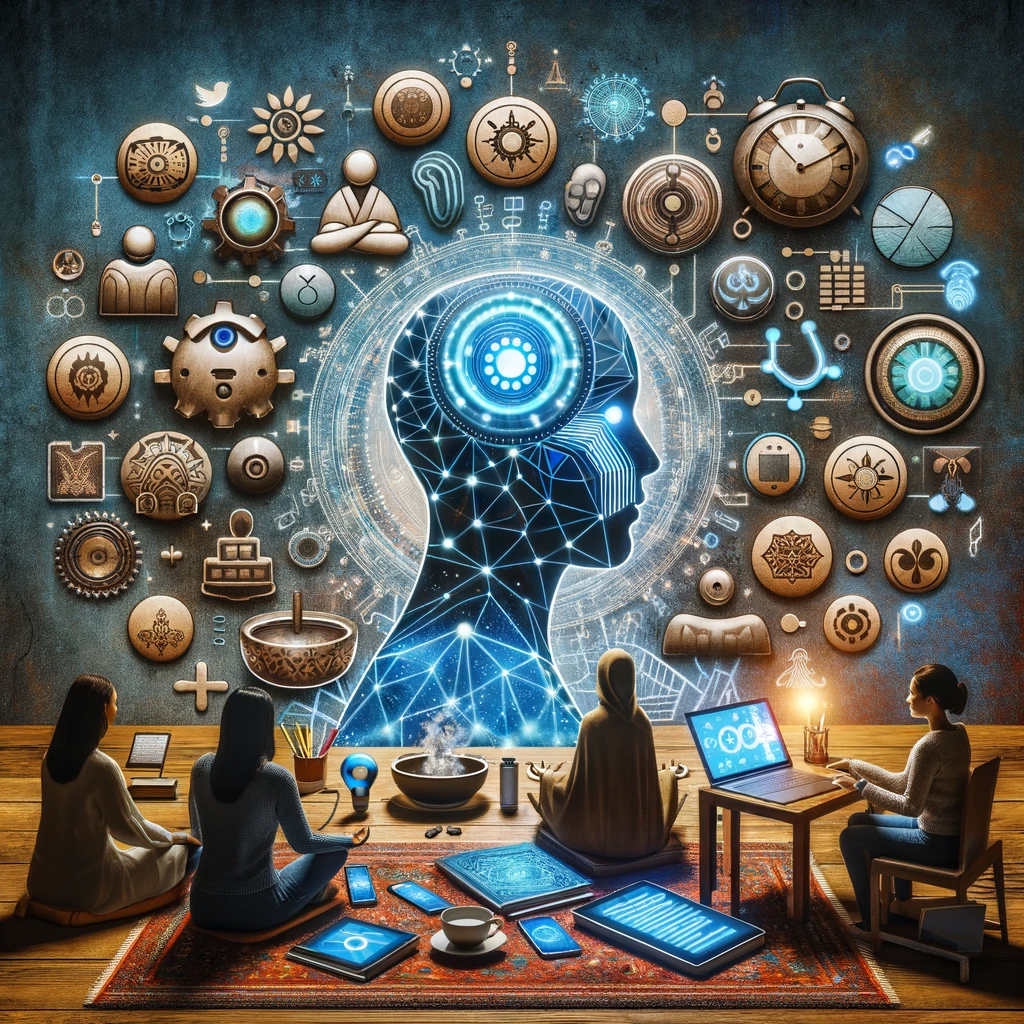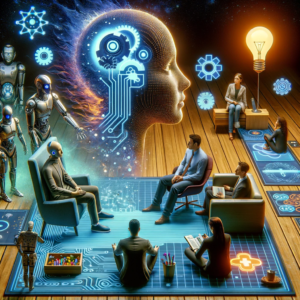The Need for Technological Advancement in Mental Health
The mental health industry, particularly in the context of multicultural counseling, seems to be lagging in adopting the latest technological tools available today. While there are numerous technologies that can help bridge communication gaps, their integration into mental health practices has been slow. Artificial Intelligence (AI), combined with apps and software, can instantly translate languages, eliminating many barriers that counselors face. However, there seems to be a lack of research and effort in these areas, leading many counselors to devise creative solutions independently, which may not always be effective.
AI as a Tool for Cultural Competence
AI can be an invaluable tool for understanding specific cultural backgrounds. For instance, therapists can consult AI to quickly obtain general information about a client’s cultural background, improving their competency and reducing research time. This approach not only enhances the counselor’s understanding but also streamlines the counseling process.
The Role of Technology in Counseling
A study published in the International Journal of Advanced Counseling provides an overview of articles specific to technology integration in the field of counseling. It highlights how advances in technology have increased the avenues available for counselors to meet the diverse needs of clients, as well as those of counselor educators and counselors-in-training. The use of technology in counseling has evolved as a new dimension, with many counseling scholars exploring various topics related to technology integration in their research.
The Impact of Technology on Counseling Practices
The incorporation of technology into counselor training and practice reflects a new model that includes its availability, benefits, and varied applications. For clients, options like email-based counseling, chat rooms, cybertherapy, online self-help, and support groups provide the convenience of professional services regardless of time and location. For counselors, the need to incorporate technology in their work has increased, especially in the midst of situations like the COVID-19 pandemic, where conducting counseling sessions online has become much closer to being standard practice.
Conclusion
The emphasis on creating a safe and supportive environment, understanding the challenges faced by immigrants and refugees, and acknowledging one’s own intersectionality is crucial in counseling. This can be amplified by utilizing modern tools, such as AI, to become even more culturally competent during the counseling process. The integration of technology and AI in counseling, particularly in multicultural contexts, is not just a possibility but a necessity to enhance the effectiveness and reach of mental health services.
This source discusses the integration of technology in the field of counseling, highlighting how technology can aid in meeting the diverse needs of clients and improve counseling practices, particularly in multicultural contexts.






